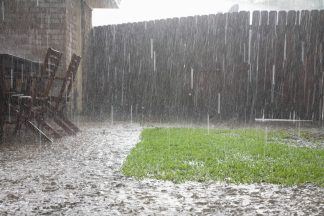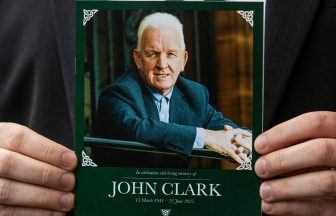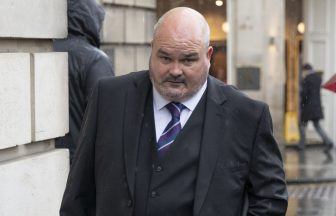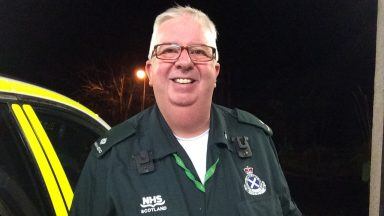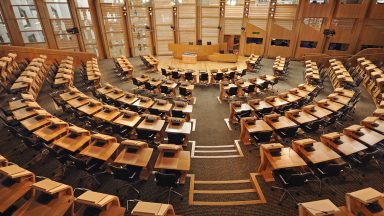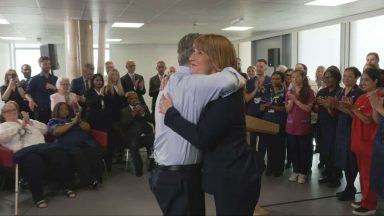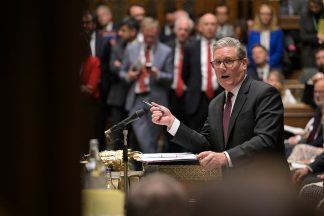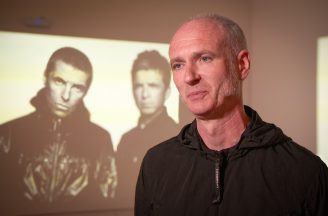A former church minister turned MSP spoke out about his fears that proposed new laws on buffer zones around abortion clinics could see him break the law if he prays silently at a bus stop.
Tory MSP Jeremy Balfour spoke out at the same time as figures showed a 10% increase in abortions carried out in Scotland.
There were 18,207 terminations of pregnancy carried out in 2023, up by 1,600 from the previous year when there were 16,607.
Public Health Scotland, which published the data, said that “increases were observed across all ages and in all NHS board areas”.
The figures were released as MSPs on Holyrood’s Health Committee debated amendments to legislation that has been brought forward to provide for safe access zones around abortion clinics, banning protesters from gathering there.
The Abortion Services (Safe Access Zones) (Scotland) Bill, which has been introduced by Green MSP Gillian Mackay, would create buffer zones of 200 metres around such facilities, in a bid to prevent women seeking abortions and staff working at the clinics from being harassed.
Mr Balfour lodged an amendment to the Bill to exclude silent prayer from its terms, so people could still pray outside hospitals.
The former minister stressed he did not agree with anti-abortion protesters demonstrating outside clinics, adding he had “never taken part in any of these events”.
But he said he stands at the bus stop within 200 metres of the Chalmers Sexual Health Centre in Edinburgh three times a week, and does sometimes pray while waiting there.
The Conservative said: “I do not plan what I am going to pray for but, sometimes, as a Christian, I do pray at that bus stop.
“I do not pray always for the same thing, but occasionally I might want to pray around the issue of abortion.
“The way in which the Bill is currently written, the prayer would be breaking the law. I should be prosecuted.
“Even though there is no outward action, even though only myself and God know what I am thinking, I would legally be breaking the law.”
He asked MSPs: “Do we really as a Parliament want to be in the business of policing thought in this way?
“Do we really want to infringe on religious freedom in this way?”
However, Ms Mackay insisted he would not breaking the law with his “quiet personal reflection”.
She told Mr Balfour: “The offences are not about what you are thinking, but what you are doing and the effect that has on others.
“If someone prays silently, without outward sign on their way to the hospital, or even outside the hospital, or in a bus stop, for a few minutes, it is very unlikely anyone would be aware they are silently praying.
“If nobody knows someone is praying, and nothing in their conduct is capable of having the effects on women or staff that this Bill seeks to prevent, then it is unlikely that any offence could be committed.”
But she added: “If someone stands silently praying for a long time, deliberately looking at women accessing an abortion clinic, or for example with a sign, then they maybe committing an offence.”
Ms Mackay said that was “not because of the prayer, it is because of the sense of judgment”.
While the Green MSP stressed she recognised the “importance prayer can play in the lives of people of faith”, she added she was “convinced an exemption for silent prayer would undermine the Bill and what it is seeking to do”.
At the end of the debate Mr Balfour said would not be moving his amendment.
Meanwhile, an amendment seeking to reduce the size of the buffer zones from 200 metres to 150 metres, was withdrawn.
Conservative MSP Rachael Hamilton had initially proposed the change, arguing that 150 metres was the “standard buffer zone across the United Kingdom”.
But women’s health minister Jenni Minto said reducing the size of the safe access sones would mean “the legislation would not be fit for purpose because the zones would not be the necessary size”.
She added, in some places, 150-metre zones “would not be large enough to cover the area we need to ensure women and staff can access abortion clinics safely and without harassment”.
And Ms Mackay stated the change would “mean at more than one third of sites women would not receive the protection they require and the Bill’s aims would not be met”.
The Green MSP insisted: “Accepting this amendment would, to a very large extent, render safe access zones somewhat ineffective from day one.”
Follow STV News on WhatsApp
Scan the QR code on your mobile device for all the latest news from around the country


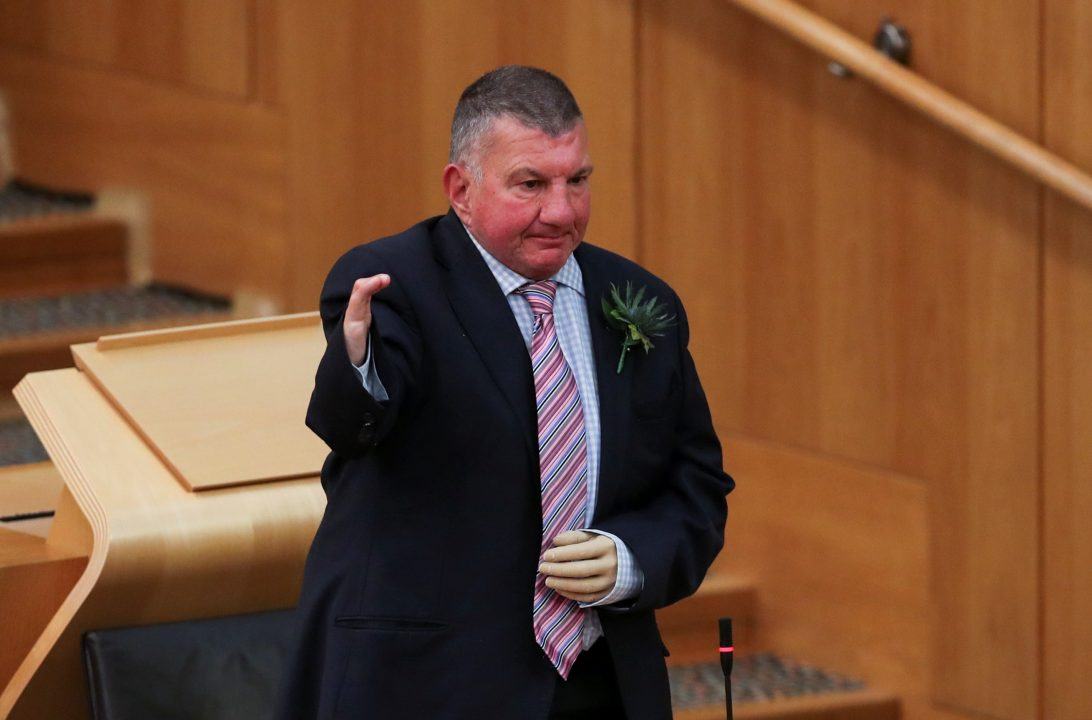 PA Media
PA Media
